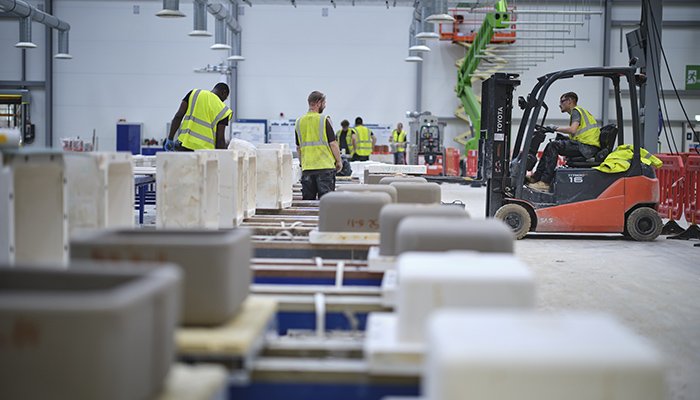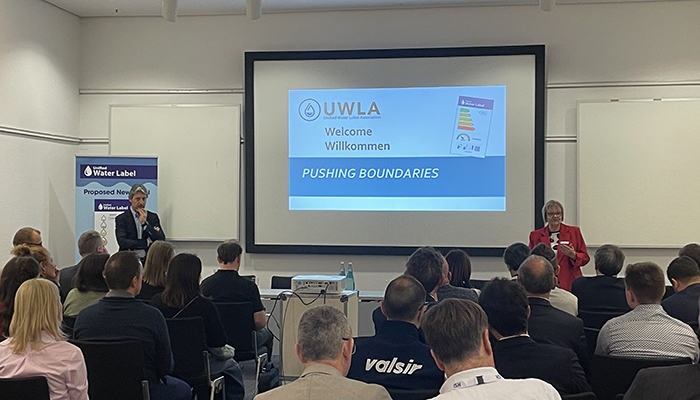Tom Reynolds, chief executive of the BMA, highlights recent survey results confirming that the future of industries like plumbing and installation hangs in the balance.
The UK is teetering on the brink of a serious shortfall of skilled tradespeople. According to the Screwfix Trade Skills Survey Report published recently, the country is on track to face a deficit of 250,000 tradespeople by 2030. This alarming projection significantly affects the KBB sector. The report also calls for swift Government intervention to address the shortfall, urging more support for regulation, skills development, and apprenticeship programmes.
The stakes are high. With three-quarters of UK tradespeople booked solid for the next 6 months, the demand for skilled workers is apparent, but the supply is lagging behind. Many small and medium-sized enterprises (SMEs) struggle to find the workforce they need to keep up with increasing workloads. Fewer than 1 in 5 SMEs could hire an apprentice in the past year, a figure that casts a stark light on recruitment challenges in the trade sectors. The fact that almost 60% of tradespeople are also concerned about rising tax burdens and increased business administration costs due to government regulation only compounds the problem.
The bathroom installation sector faces a significant shortage of skilled plumbers and fitters. This workforce gap, worsened by an ageing demographic of tradespeople, has far-reaching consequences. As seasoned workers retire, fewer younger workers are stepping up to fill their shoes, leading to longer project lead times, renovation delays, and rising consumer costs. Without immediate action, this shortage could stifle the industry's growth, damage its reputation, and frustrate homeowners eager to complete home improvement projects.
Industry groups like the BMA, BiKBBI, and CIPHE are already addressing the crisis with efforts to highlight the benefits of trade careers to prospective entrants. Yet, a structural problem persists: as Screwfix’s report shows, the trade is dominated by micro-businesses, many of which lack the capacity or motivation to take on apprentices. This industry fragmentation makes co-ordinated recruitment and training efforts difficult, exacerbating the skills gap.
The Screwfix Report calls for a concerted effort from the Government to tackle this issue. I’d add to that our call for a task force to identify and break down the barriers to apprenticeship recruitment, particularly in fragmented sectors like plumbing and installation.
At a time when university degrees are no longer seen as the only pathway to success, the trades offer a promising, well-paying alternative that needs greater visibility and support. By investing in the future of the UK's tradespeople, the Government can close the skills gap and ensure the resilience of industries vital to the country's economy and infrastructure. Without action, the shortfall will worsen, and the UK’s ability to build, renovate, and innovate will be at risk.

















